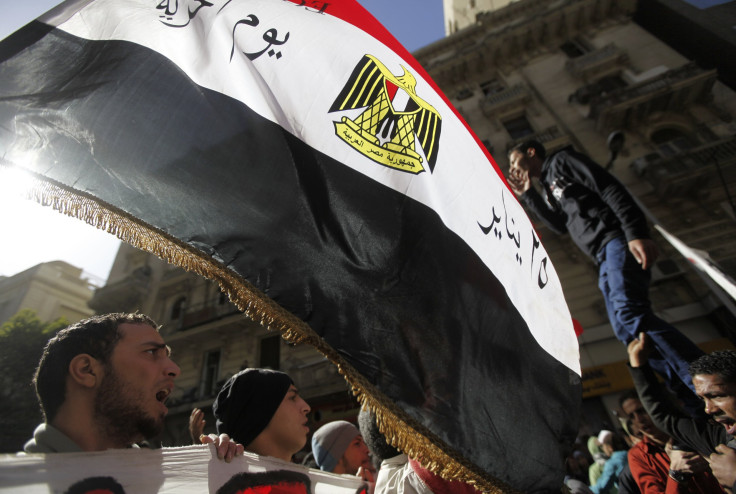Egyptian Law Fails To Protect Public Assembly: Human Rights Watch

A proposed law regarding public demonstrations in Egypt has raised concerns that it will limit the right to peaceful public assembly and allow for police abuses.
The bill was drafted by the Justice Ministry and was submitted last week to the Shura Council, the upper chamber of the Egyptian Parliament, though it is not clear when a vote will be held.
International advocacy group Human Rights Watch has criticized the draft law and called for it to be amended.
“This law as drafted would severely restrict one of the key human rights that determine Egyptians’ ability to continue to call for bread, freedom, and social justice,” said Sarah Leah Whitson, Middle East and North Africa director at HRW, in a statement.
“Governments have a right to regulate demonstrations, but not to ban them for spurious reasons or to keep them out of sight and sound of every government building,” she added.
In a letter to Justice Minister Ahmad Mekki, Whitson voiced concern over provisions that limit peaceful assembly to Egyptian citizens and allow for public assemblies to be dispersed if they “impede the interests of citizens.”
“The reference to ‘the interests of citizens’ is conspicuously overly broad and open to wide interpretation,” Whitson wrote in the letter. “As such it could be used by a future government to restrict arbitrarily the right to peaceful assembly on pain of criminal prosecution.”
Another provision prohibits demonstrations from taking place within 650 feet (200 meters) of any national or local government buildings, including federal courts and legislative offices.
“That restriction would place demonstrators out of sound and sight of virtually every official in the country,” Whitson said. “The requirement is excessive and restricts the essence of the right of citizens to convey a message to officials through peaceful assembly.”
HRW also expressed concern over what it said were unclear limitations on police authority in dealing with protests, particularly regarding the use of force.
“Instead of creating a clear obligation on the police in line with international standards to use force only if non-violent means are ineffective and to ‘exercise restraint in such use and act in proportion to the seriousness of the offense,’ Article 15 merely suggests that the police ‘should to the extent possible’ take measures starting with warnings and then progressing to water cannon or tear gas,” HRW said.
The rights group pointed out another article which said that additional force could be used by police in accordance with the penal and police codes, which HRW said fails to bar lethal force when it is not necessary as defined by international standards.
“The police should use non-lethal force in a proportionate and necessary manner as a first recourse and should only resort to lethal force if there is an imminent threat to their lives or the lives of others,” Whitson said.
© Copyright IBTimes 2024. All rights reserved.




















